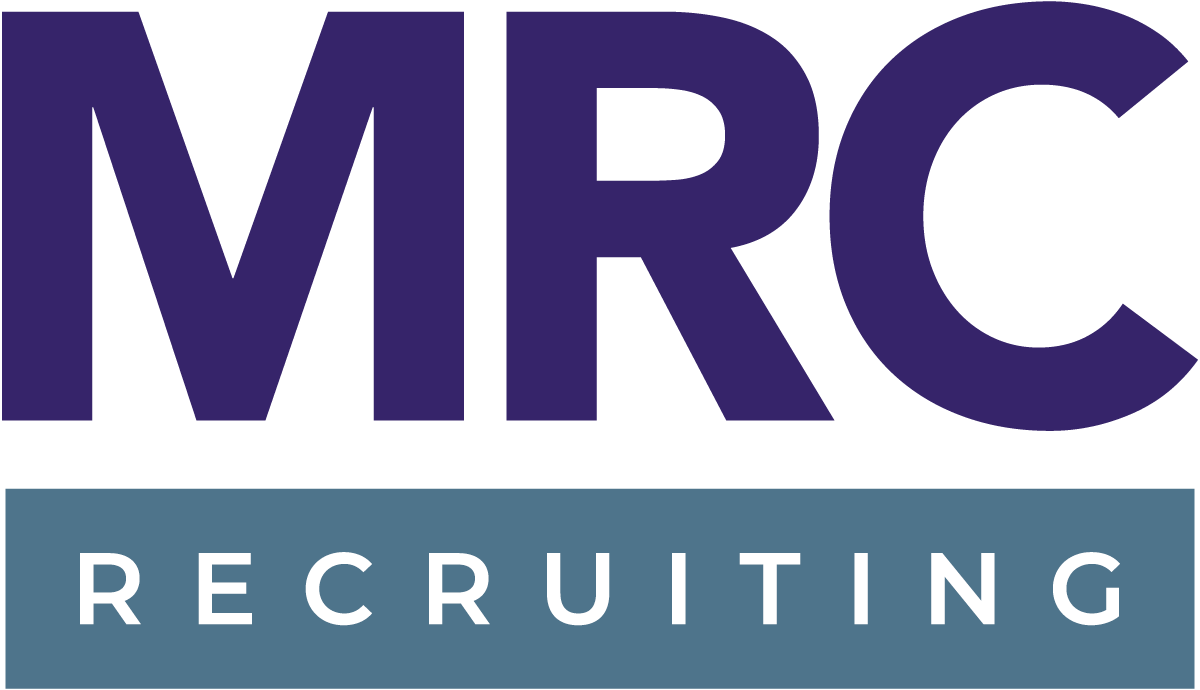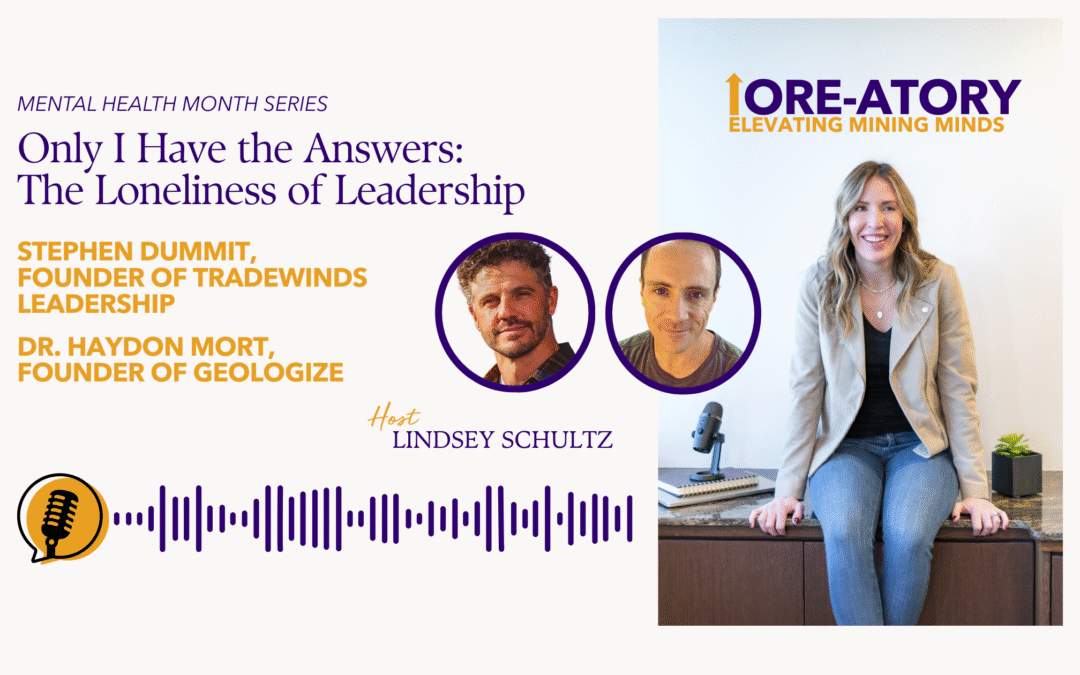In this installment of Ore-atory: Elevating Mining Minds, host Lindsey Schultz continues the “Talk is Tough” mental health series with returning guest Stephen Dummit and special guest Dr. Haydon Mort. The episode confronts the third stigma lie: “Only I Have the Answers,” exploring how this deeply embedded belief harms leaders, teams, and the bottom line.
Stephen opens by explaining how this mindset limits collaboration and cuts off valuable insights from the people closest to the work. Leaders who feel the need to have all the answers inadvertently shut down team input, driving disengagement and, over time, eroding trust. Lindsey echoes this with a personal reflection and introduces Haydon to share his perspective on how cultural and gender expectations reinforce this lie—especially for men in heavy industry.
Haydon offers a compelling story about discussing failure with his son and how societal norms train boys to bottle up emotion. Drawing from neuroscience, he emphasizes the cost of emotional suppression: increased stress, decreased safety, and long-term biological impacts. His message is clear—empathy isn’t soft, it’s strategic. It’s the key to unlocking better communication, collaboration, and ultimately, performance.
Stephen and Haydon then dive into real-world leadership tools that challenge this lie head-on. From active listening and open-ended questions to Chris Voss’ tactical empathy and psychological safety frameworks, they offer concrete steps that any leader or team member can take. Lindsey shares a case study of a female employee re-engaged through supportive leadership, highlighting how empathy in action directly improves retention and morale.
The episode also guides those lower in the hierarchy who feel unheard. Stephen and Haydon discuss how to frame input empathetically, align with leadership priorities, and deliver feedback in a way that resonates- protecting the speaker’s mental well-being while improving odds of being heard.
As the episode wraps, the trio reflects on how leadership cultures need to evolve to attract and retain talent. The mining industry’s future depends not only on innovation in engineering and sustainability—but also on the human elements that make those innovations possible.
The key message? Trust is the most valuable asset a mining company can cultivate—and it starts with leaders being brave enough to say, “I don’t know.”
Meet Our Speakers:
👤Lindsey Schultz, Our Host, CEO of MRC Recruiting.
🎙️Stephen Dummit, Executive Coach & Founder of Tradewinds Leadership
🎙️Dr. Haydon Mort, Founder of Geologize
⏱️ TIMESTAMPS: ⏱️
[00:00] Lindsey kicks off the episode and introduces guests Stephen Dummit and Dr. Haydon Mort.
[01:12] Stephen introduces “Stigma Lie #3: Only I Have the Answers.”
[02:49] Lindsey shares how believing this lie impacts her stress and decision-making.
[04:50] Haydon discusses emotional suppression in men and the biology behind mental health.
[09:14] Stephen distinguishes between “having to be perfect” and “having all the answers.”
[12:22] Lindsey introduces the idea of empathy as a productivity tool.
[14:01] Haydon connects communication and leadership through examples from Obama and Lincoln.
[17:26] He outlines practical mental health interventions in mining—onsite psychologists, internet access, and better home connections.
[20:10] Lindsey shares a real-world story about a leader who retained an employee through empathetic dialogue.
[23:40] Haydon describes a geologist’s experience being dismissed and how poor communication cost millions.
[26:14] Chris Voss’ concept of tactical empathy is introduced.
[30:47] Stephen walks through a training exercise using open-ended questions.
[34:00] Lindsey references Simon Sinek and the Chicago Bears CEO on empathy in hiring.
[38:48] Light moment: Haydon’s child briefly walks into the room.
[42:50] Haydon explains how to frame communication to resonate with leadership’s KPIs.
[44:56] Stephen outlines how curiosity and timing improve message delivery.
[48:47] Lindsey shares a personal story about how asking “Do you have time for this?” changed her communication at home and work.
[49:24] Haydon offers a Chris Voss-style tweak: “I don’t suppose you have time?” to invite a no.
[53:01] Stephen defines “contributor safety” and how it builds trust.
[55:08] Haydon makes the business case for trust: 76% of company value is based on reputation.
[59:06] Stephen and Haydon wrap with closing thoughts: empathy is critical, and investing in people pays off.
Connect with us on LinkedIn and check out monthly episodes of Ore-atory: Elevating Mining Minds on Apple Podcast or Spotify, where we continue to explore the mining industry workspace.
Tune in and be part of the conversation that’s shaping the future of mining!
Are you a job seeker looking for your next opportunity or an organization looking to hire your next team member? If you have time for a quick chat about your goals MRC can help connect with us.

